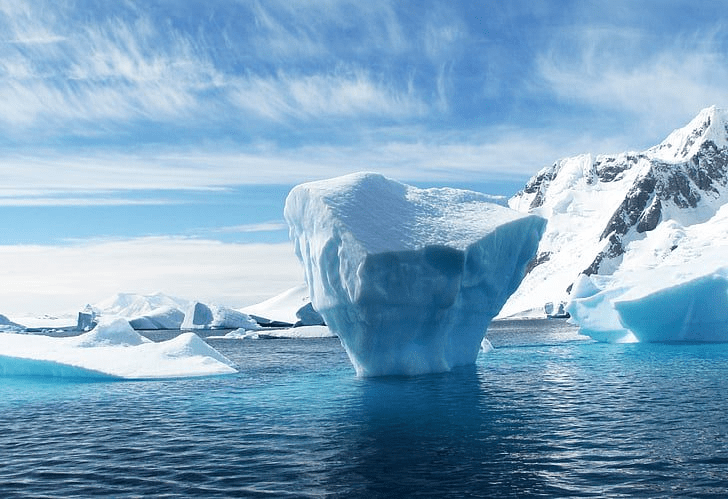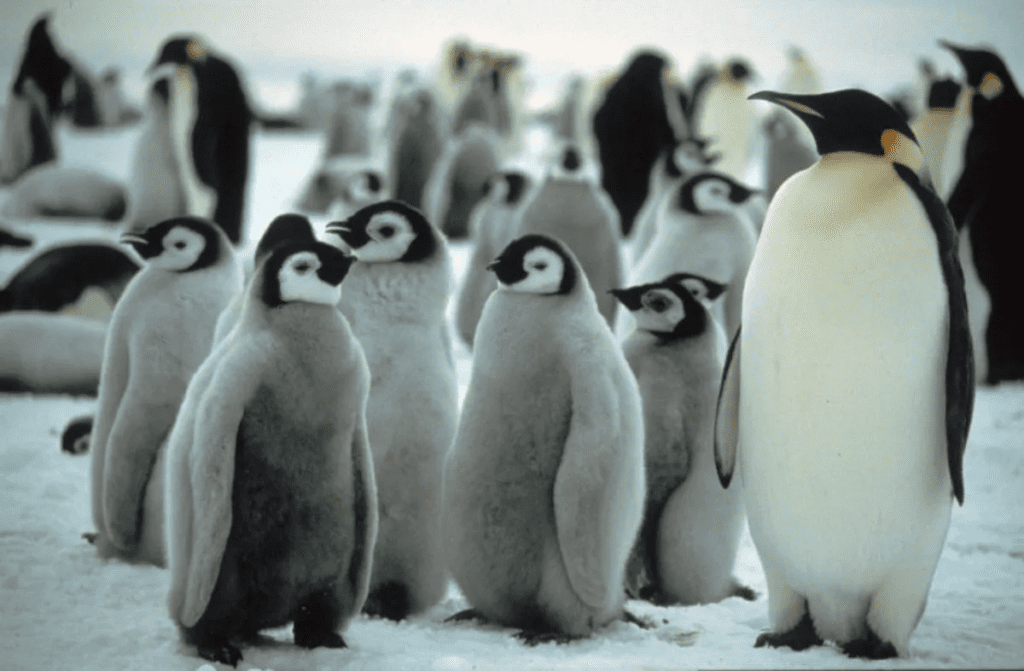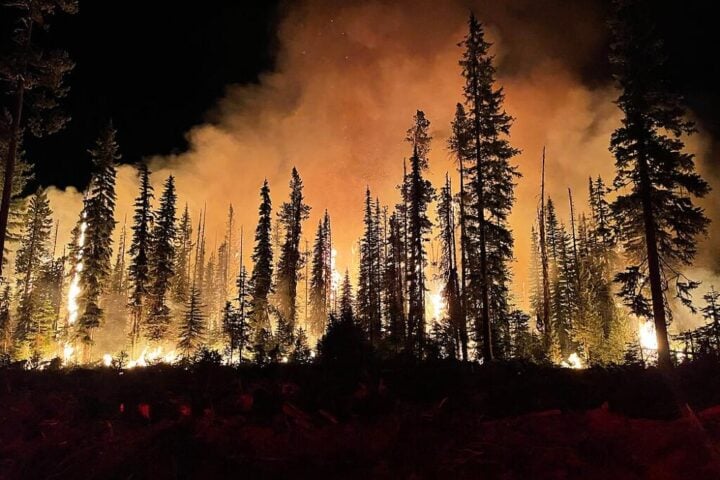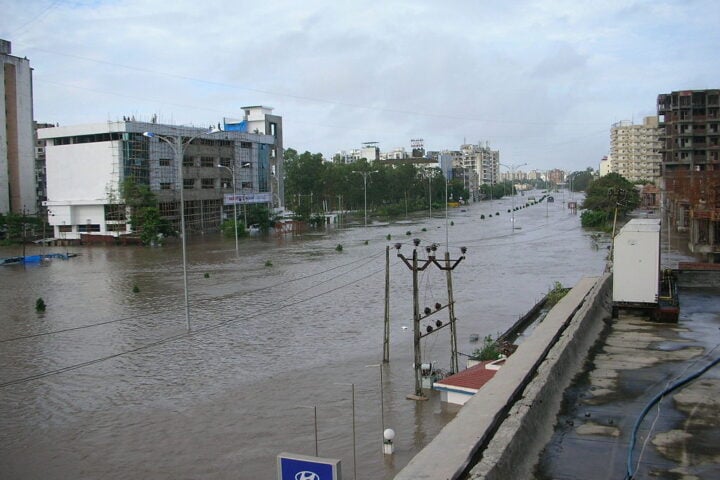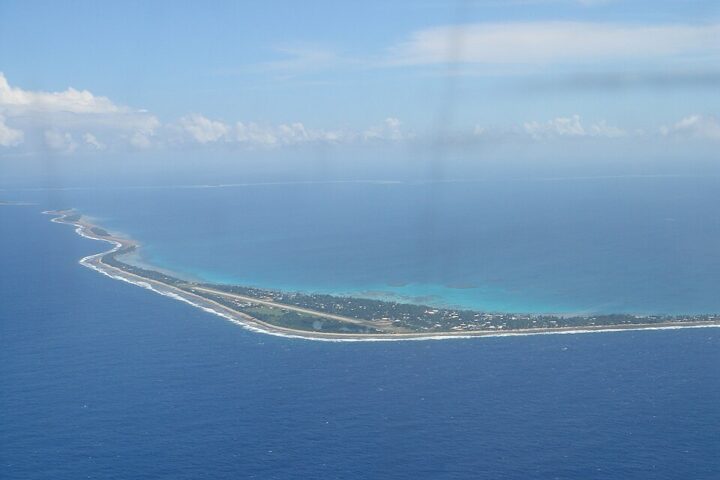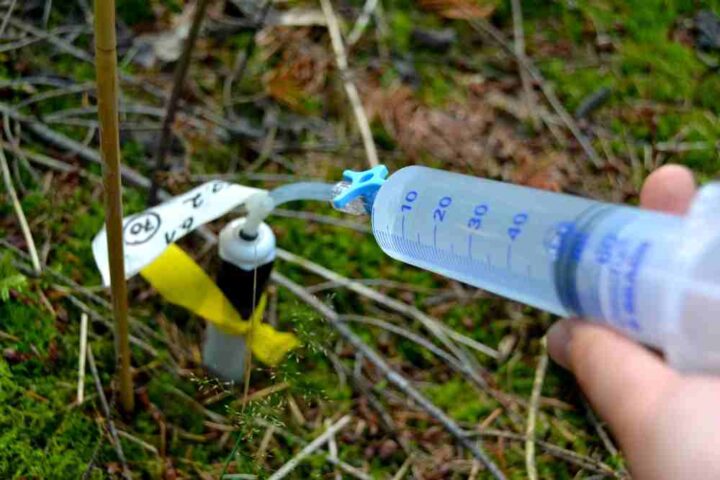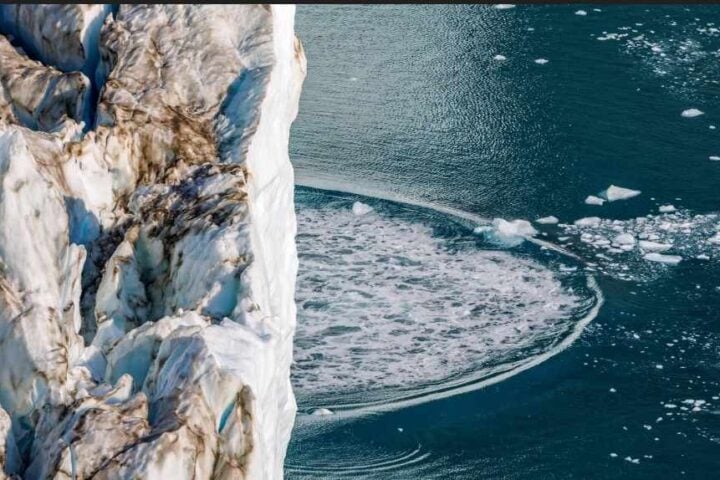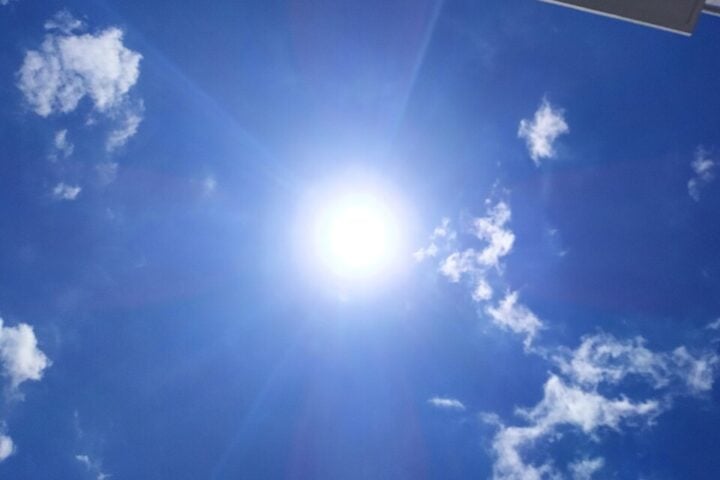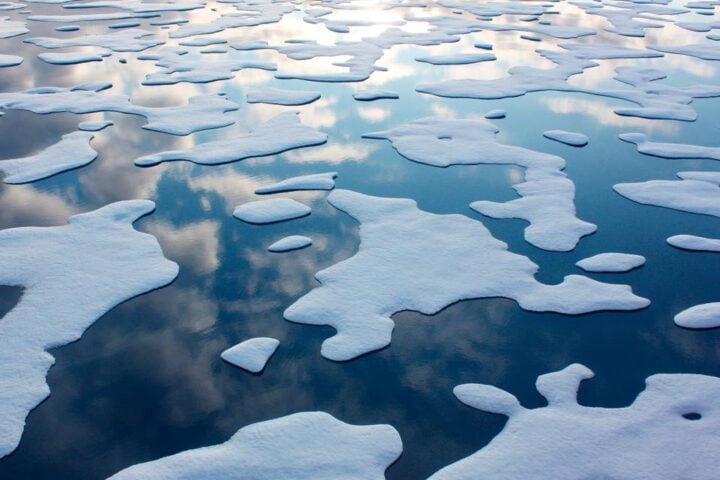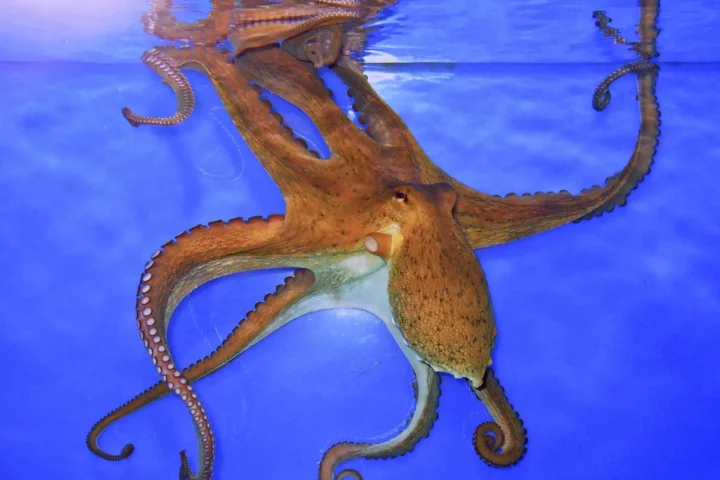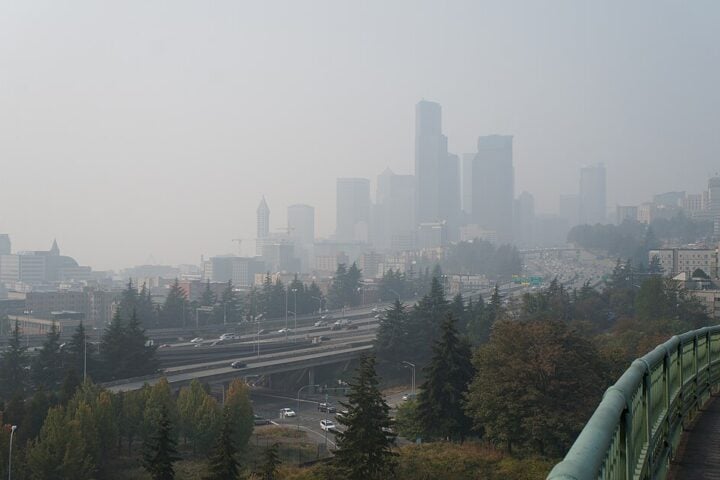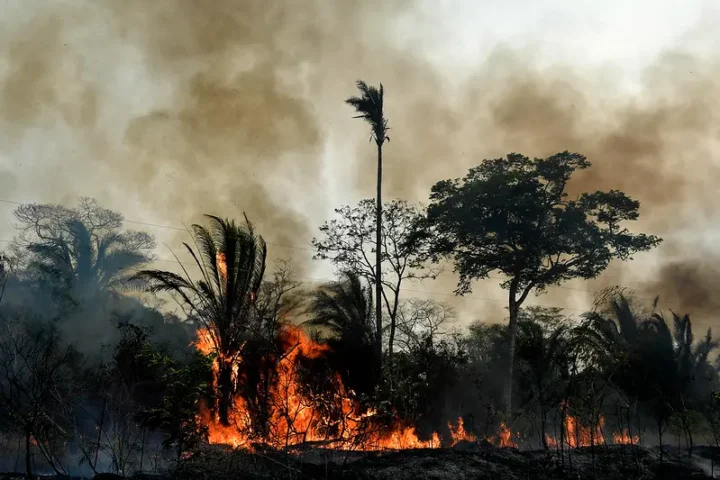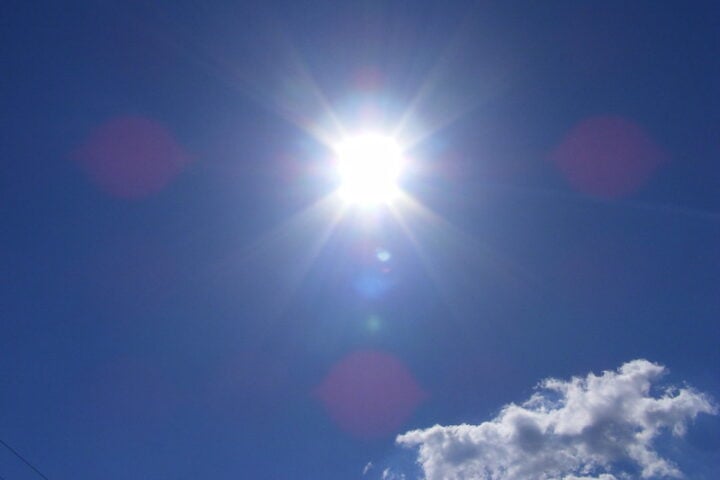As the world grapples with the visible impacts of climate change, a groundbreaking study from Georgia Tech has unveiled a concealed threat lurking beneath our planet’s vast ice sheets. Researchers have discovered that thinning ice may be a harbinger of a surge in subglacial waters flowing into our oceans, potentially accelerating sea level rise and impacting marine ecosystems.
Challenging Established Assumptions
The research team, led by Alex Robel and Shi Joyce Sim of Georgia Tech, collaborated with experts from Dartmouth, Colorado School of Mines, and the USGS. Together, they’ve developed a model that challenges long-held beliefs about subglacial water flow. Published in the journal Science Advances, their findings suggest that the volume of subglacial water draining into our oceans could be up to double previous estimates.
A Simplified Approach to a Complex Problem
While studying subglacial flow is not a novel concept, traditional methodologies have been cumbersome, relying on extensive computations. The Georgia Tech team’s innovation lies in their streamlined approach. Using satellite data from the past two decades, they’ve formulated an equation that can predict subglacial water flow rates with unprecedented ease.
Professor Robel highlighted the efficiency of their method, stating, “In mathematical parlance, you would say we have a closed form solution.” He further emphasized the practicality of their approach, noting that predictions could be made on a basic laptop in mere seconds.
The Implications of Increased Subglacial Flow
The potential ramifications of this discovery are vast. Not only does it shed light on the dynamics of glacial melt and sea level rise, but it also has profound implications for marine biology. The waters off Antarctica’s coast are home to some of the richest marine environments. Understanding the dynamics of subglacial exfiltration could be pivotal for marine biologists aiming to predict future changes in marine productivity.
The Alarming Feedback Cycle
The research also highlights a concerning feedback loop. As ice sheets thin, underground reservoirs known as aquifers can release water in a process termed exfiltration. Historically, the focus on exfiltration has been on longer time frames. However, with this new theory and recent satellite data, the spotlight is now on modern-day ice sheets, particularly those in Antarctica.
Professor Robel raised an alarming possibility: “There’s a wide range of possible predictions. But within that range, there is the very real possibility that groundwater may be flowing out of the aquifer at a speed that would make it a majority, or close to a majority of the water that is underneath the ice sheet.”
Similar Posts
Rethinking the Antarctic Ice Sheet
Contrary to popular belief, the warmest part of the Antarctic ice sheet isn’t at its surface but at its base, due to trapped geothermal heat. This revelation paints a clearer picture of the dynamics at play: thinning ice sheets facilitate increased exfiltration, which in turn accelerates ice melt.
Looking Ahead: The Future of Ice Sheet Research
The study doesn’t just stop at glacial melt and rising sea levels. Robel and Sim hope their findings will pave the way for collaborations with groundwater hydrologists, bringing their expertise to ice sheet dynamics. Sim emphasized the need for more fieldwork, stating, “Getting the experimentalists and observationalists interested in trying to help us better constrain some of the properties of these water-laden sediments – that would be very helpful.”
As the world continues to witness the visible impacts of climate change, it’s crucial to delve deeper, uncovering hidden threats and understanding their implications. This study serves as a stark reminder that what lies beneath can be just as significant, if not more so, than what meets the eye.
